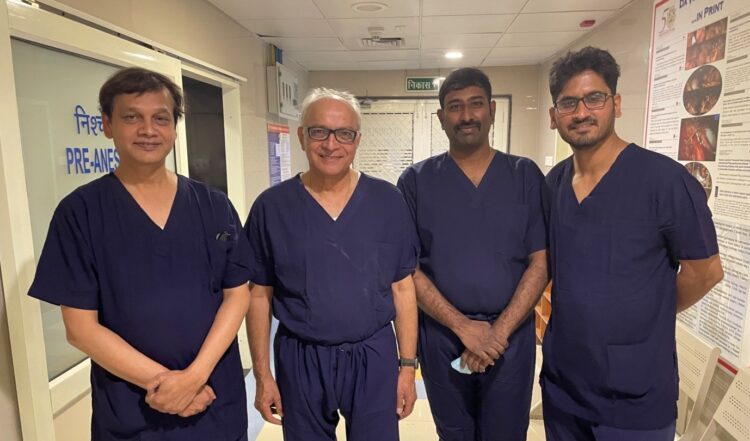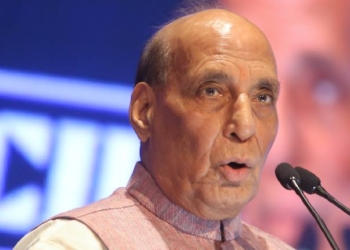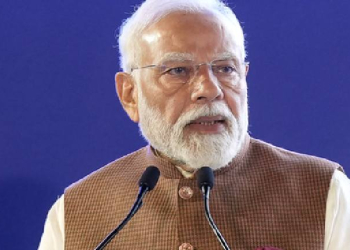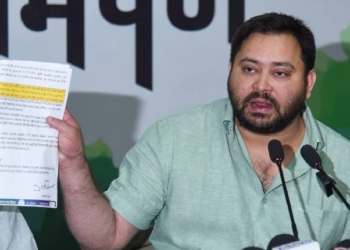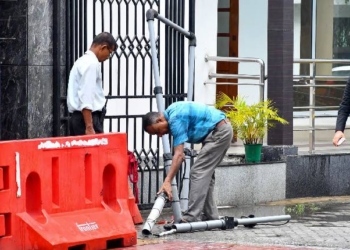Chandigarh: The first-ever robotically assisted kidney transplantation was done by the Department of Urology in the PGI here.
Doctors say the robotic surgery with minimal invasive in kidney transplantation has benefits like decreased chance of complication compared to open surgery and it is more efficacious for obese patients. The department has been performing robotic surgery since 2015.
The experience in robotic surgery prompted the department to start robot-assisted renal transplantation, said Dr Uttam Mete, Professor and Head, Department of Urology.
The renal transplantation has developed as a superior renal replacement therapy compared to the established dialysis methods as it improves the quality of life maximally amongst patients with renal failure, he explained.
Traditionally, the kidney transplantation is carried out by open surgery by making large incisions. The length of the wound varies depending on the surgeon and preference and the habits of the patient. In general, obese recipients require larger incisions.
Larger wounds are associated with more wound-related morbidity in terms of more pain, surgical site infection, delayed mobilisation and significant time to return to daily activities.
To minimize wound related morbidity renal transplantation using a small incision can be performed using minimally invasive surgical procedures.
Laparoscopic and robotic-assisted surgeries are the two commonly performed minimally invasive procedures.
Both the recipients of robotic transplantation are doing well, said Dr Shanky Singh, Assistant Professor, Department of Urology.
Robotic renal transplant surgeon Dr Rajesh Ahlawat and his associate Dr Sudeep Bodduluri from Medanta have helped the department to start robotic renal transplantation.
(IANS)



